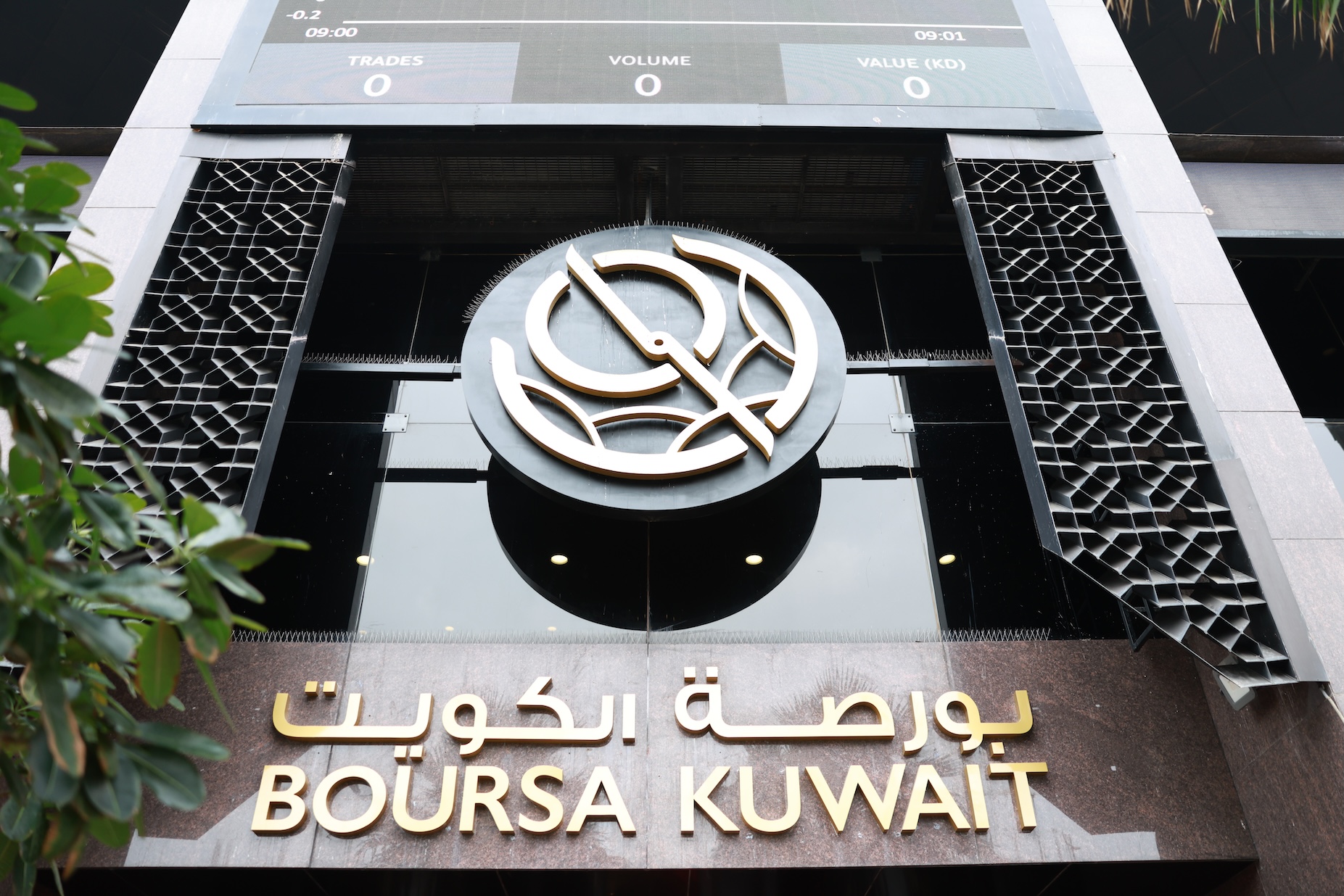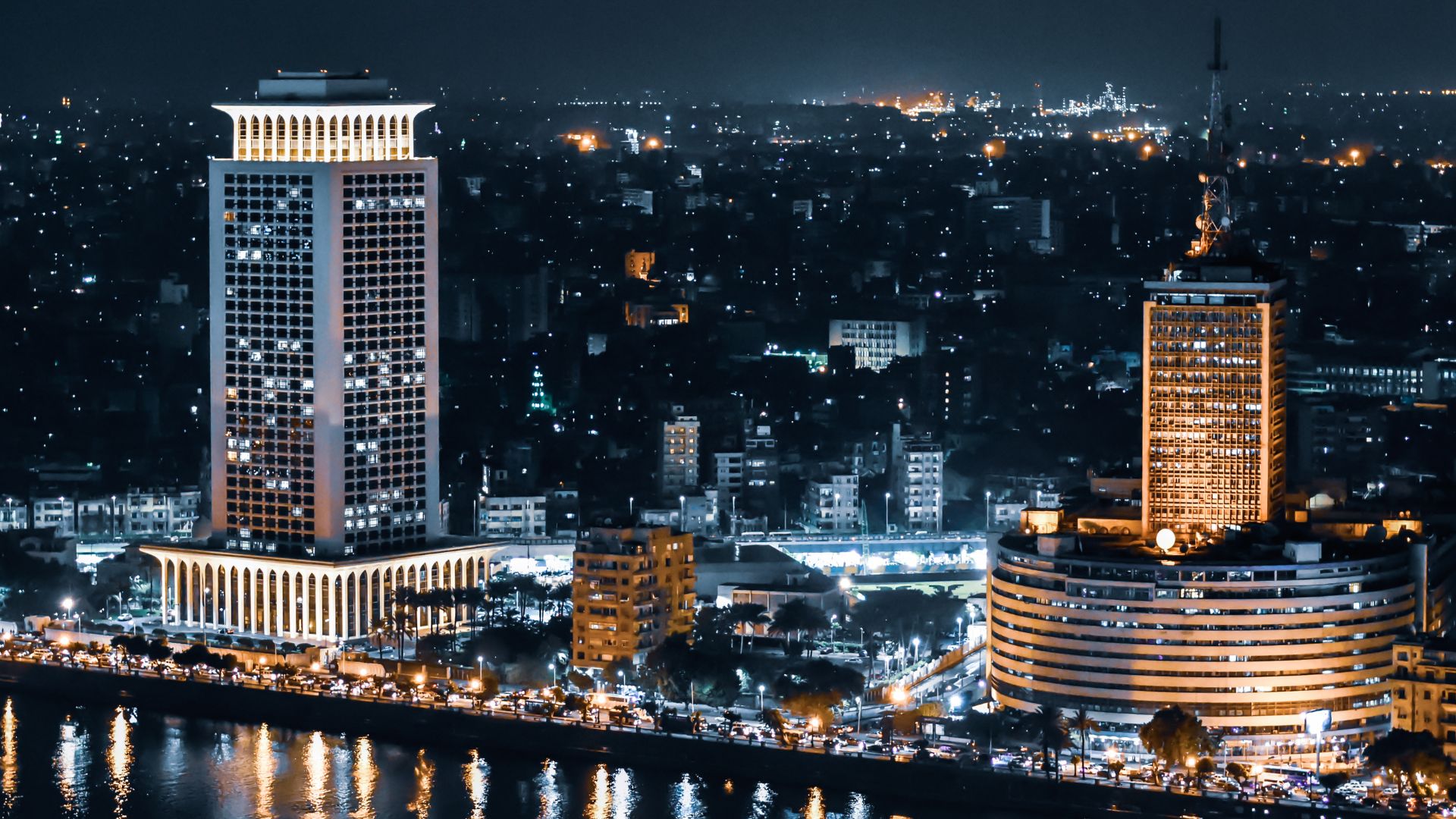Kuwait has recently introduced three significant legal reforms marking a major step towards strengthening human rights, gender equality, and child protection. These legislative amendments include:
Raising the Minimum Marriage Age to 18:
Decree Law No. 10 of 2025 amending Article 26 of Law No. 51 of 1984 (Personal Status Law)
Decree Law No. 11 of 2025 amending Article 15 of Law No. 124 of 2019 (Ja‘fari Personal Status Law)
Abolishing Article 153 of the Penal Code:
Decree Law No. 9 of 2025 repealing Article 153 of Law No. 16 of 1960 (Penal Code)
Raising the Minimum Marriage Age to 18
Historically, Kuwaiti personal status laws permitted child marriage under specific conditions, particularly within the Ja‘fari personal status framework. The enactment of
Decree Law No. 10 of 2025 and Decree Law No. 11 of 2025 establishes a uniform legal standard, unequivocally prohibiting marriage below the age of 18, irrespective of religious
or sectarian legal interpretations.
This reform aligns with Kuwait’s international treaty obligations, including the Convention on the Rights of the Child (CRC) and the Convention on the Elimination of All Forms of
Discrimination Against Women (CEDAW), both of which advocate for the abolition of child marriage.
These reforms were driven largely by the detrimental effects of early marriage often resulting in:
Disruption of education and economic opportunities.
Enhanced risks of maternal and infant health complications.
Increased exposure to domestic violence and social marginalization.
By mandating 18 as the legal minimum age for marriage, Kuwait upholds children’s rights, ensures their physical and psychological well-being, and fortifies legal protections against
forced and underage marriages.
Abolishing Article 153 of the Penal Code: Ending Legalized “Honor Killings”
Prior to its repeal, Article 153 of the Penal Code permitted significantly reduced sentences: a man who killed his wife, daughter, sister, or mother upon catching them in an act ofadultery was given a reduced sentence of a maximum of three years in prison and/or a fine of a maximum KWD 3,000, treating the act as an “excusable crime” rather than murder, perpetuating legal inequality and impunity for gender-based violence.
With the enactment of Decree Law No. 9 of 2025, Kuwait has unequivocally eliminated this discriminatory legal provision, ensuring that all homicides, regardless of motive, are subject to full criminal liability. The repeal of Article 153 aims at:
Ensuring that murder is prosecuted without gender-based leniency.
Eliminating legal justifications for violence under the guise of “honor”.
Reinforcing that such crimes are unacceptable in a modern legal framework.
So-called “honor or shame killings” are frequently based on suspicion rather than evidence, depriving victims of due process. The abolition of this law not only aligns Kuwait’s legal system with global human rights standards but also sends a clear message that violence against women will not be tolerated.
In conclusion, these reforms mark a transformative moment in Kuwait’s legal evolution, reinforcing principles of justice, equality, and human rights. Their impact extends beyond legal codification, fostering a shift towards:
A stronger rule of law, ensuring that all crimes are prosecuted equitably.
Gender equality, eliminating legal discrimination and reinforcing women’s rights.
Enhanced child protection, safeguarding children from early marriage and its associated harms.
Alignment with international human rights obligations, demonstrating Kuwait’s commitment to legal modernization.
By enacting these legislative changes, Kuwait affirms its commitment to a legal system that upholds the dignity, rights, and safety of all individuals, without discrimination or exception for harmful traditional practices.

Meysan Lawyers & Legal Consultants is pleased to announce its role as legal advisor to Dawi, a Kuwait-based digital health platform enabling patients to access premium healthcare services across the region, in connection with its strategic partnership with Cleveland Clinic Abu Dhabi, a Mubadala Health partner. Through this partnership, Dawi… Read more

Meysan advised on the successful establishment of the KWD 50 million Senior Unsecured Bonds Programme by Kuwait Financial Centre (Markaz) and the issuance of the First Tranche of Bonds with value of KWD 35 million. The First Tranche of the Senior Unsecured Bonds Programme was successfully issued to qualified investors… Read more

Kuwait - Meysan Lawyers and Legal Consultants in Kuwait advised on the offering and listing of the shares of Action Energy Company on Kuwait Stock Exchange – Premier Market with the joint global coordinators and joint bookrunners, National Investments Company, EFG-Hermes UAE Limited and Arqaam Capital Limited. Action Energy Company,… Read more

Meysan has successfully represented a leading global manufacturer in defending against a request to suspend the importation of its products into Egypt. In the context of an ongoing termination dispute with a local distributor, our partner Mourad Haggag and senior associate Ismail Lamie secured a favorable court decision rejecting the… Read more

Overview In a significant development for the UAE’s climate governance framework, the Ministry of Climate Change and Environment (“MOCCAE” or the “Ministry”) launched on 15 October 2025, during GITEX GLOBAL 2025 in Dubai, the Integrated Emissions Quantification Tool (the “IEQT”) as part of the National Measurement, Reporting, and Verification (“MRV”)… Read more

We are pleased to announce that we advised and assisted Al-Mansour Automotive Group regarding the main agreements for the MAC Automotive Plant, an automotive manufacturing facility in 6th of October City, Egypt, for which the foundation stone was laid earlier this week. The project aligns with Egypt’s strategy to localize… Read more